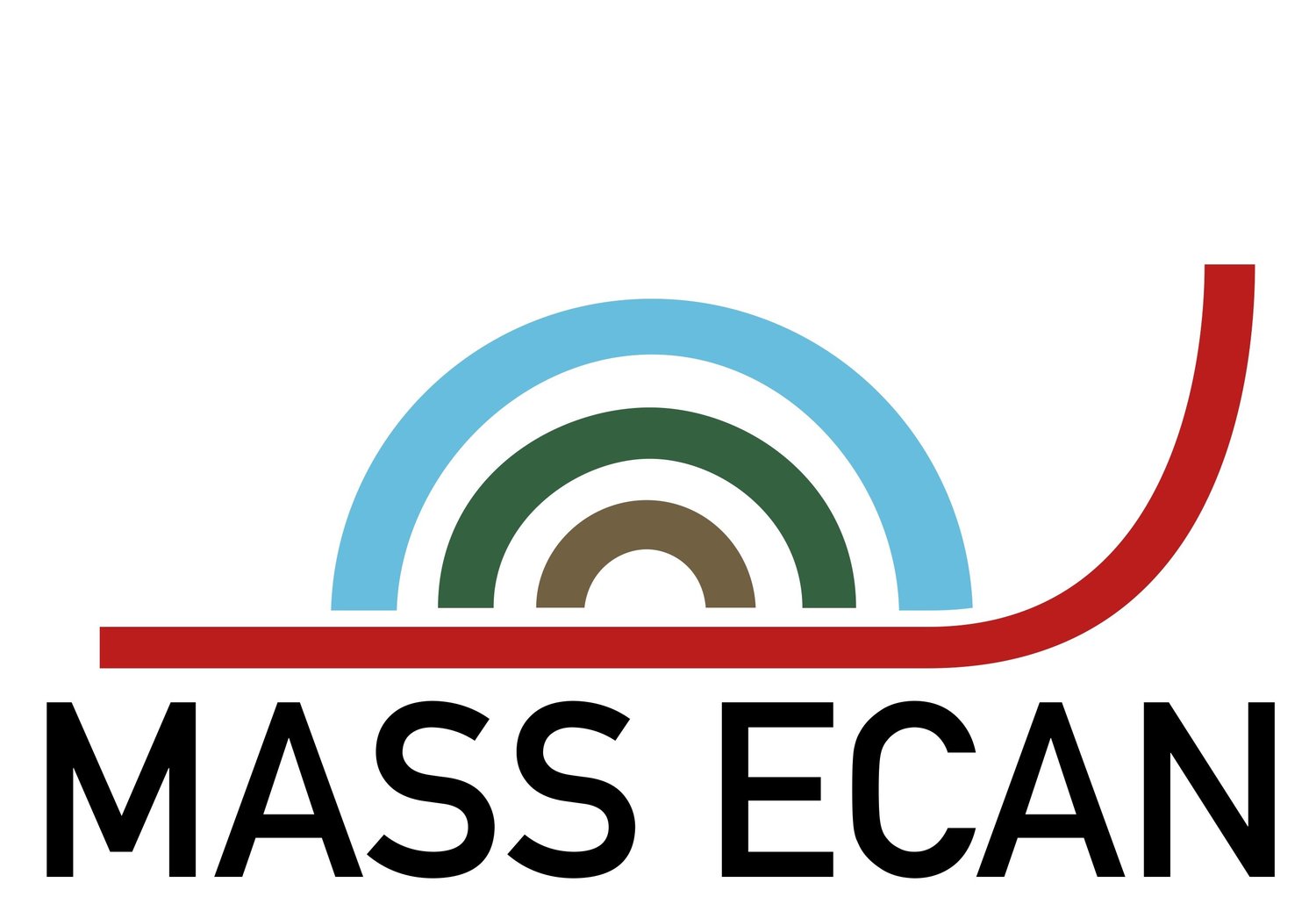Despite it all, 2021 has been a busy year for Mass ECAN! See below for highlights of what we accomplished together —
Continued our successful Zoom networking events for peer learning and connecting around different adaptation topics:
February - Land Conservation & Climate Adaptation - Co-hosted with MassLand as part of the Stronger Together Networking Series.
March - Fish & Wildlife Climate Adaptation - Co-hosted with MassWildlife and the NE Climate Adaptation Science Center.
July - Municipal Climate Adaptation: Co-hosted with MAPC's Resilience Community of Practice and the Municipal Vulnerability Preparedness (MVP) Program.
Developed Mass ECAN Onboarding Resources: Created a recommended reading list of adaptation resources that new members receive when they join our community of practice.
Conducted our first ever Member Survey (stay tuned for results and next steps in the new year!)
Organized an engaging Fall Event Series:
Our first ever field trips: Check out our highlights to learn more about trips to Newbury, Northampton, and Brookline.
Climate Communications Networking Event - We shared about communications best practices, resources and toolkits, and connected with colleagues.
Workshop on Resistance, Resilience, and Transformation - We explored the spectrum of adaptation actions that exist including illustrative examples from different ecosystems and opportunities to share about your work in breakouts.
Kicked off our Watershed-Scale Climate Collaboration Toolkit
Advancing Climate Adaptation through Watershed-Scale Collaboration - This overview resource provides context for and highlights the benefits of watershed-scale collaborations for climate adaptation. More coming in 2022 thanks to our recent grant from the Barr Foundation!
Grew our community of practice - 130 new members joined in 2021, which is 26% growth!
Convened experts - Our five affiliated expert work groups continued to meet on adaptation topics requiring cross-organizational collaboration: Climate Communications, Salt Marshes, Mainstreaming Nature Based Solutions, Southern New England Forests, and Slow the Flow.
